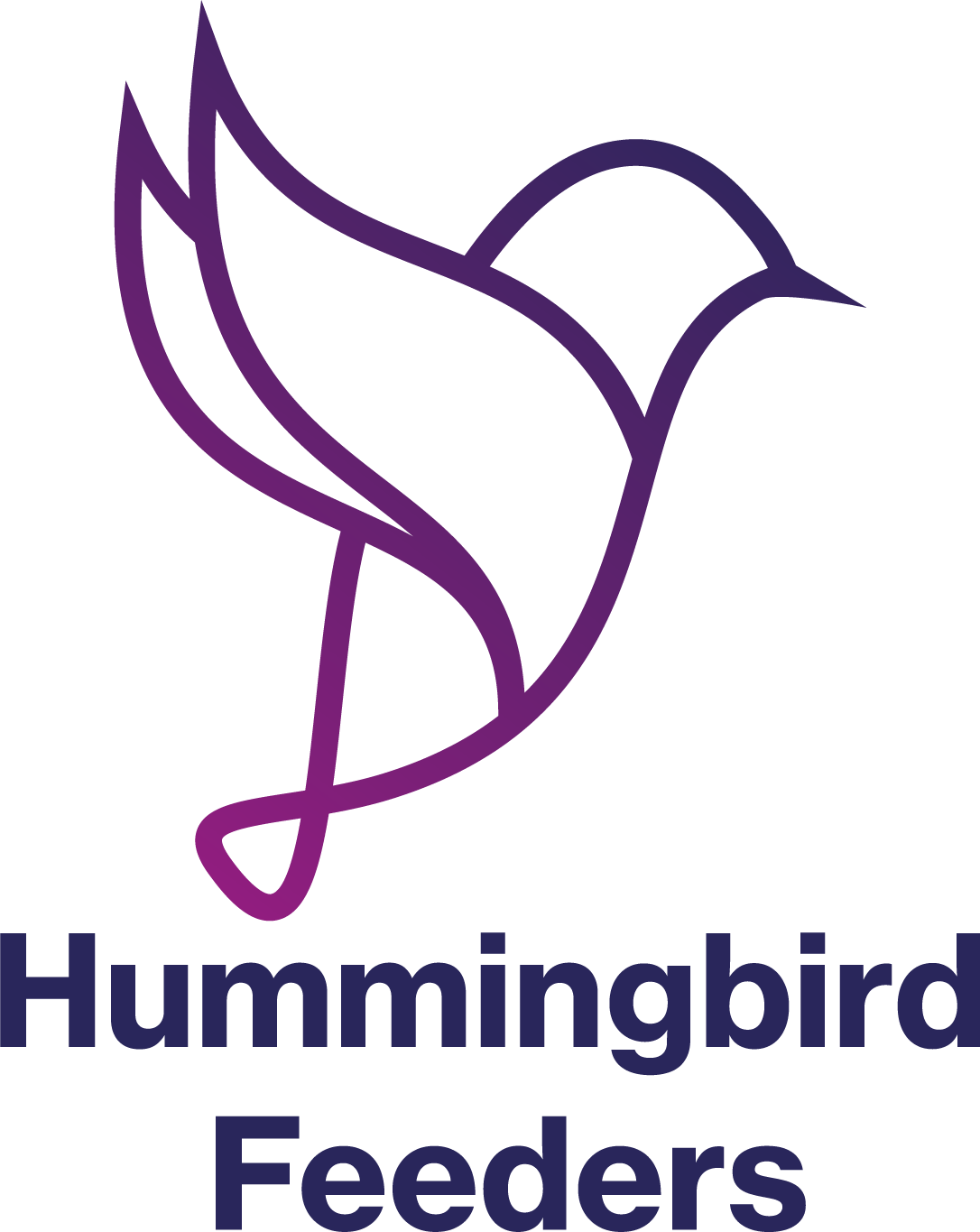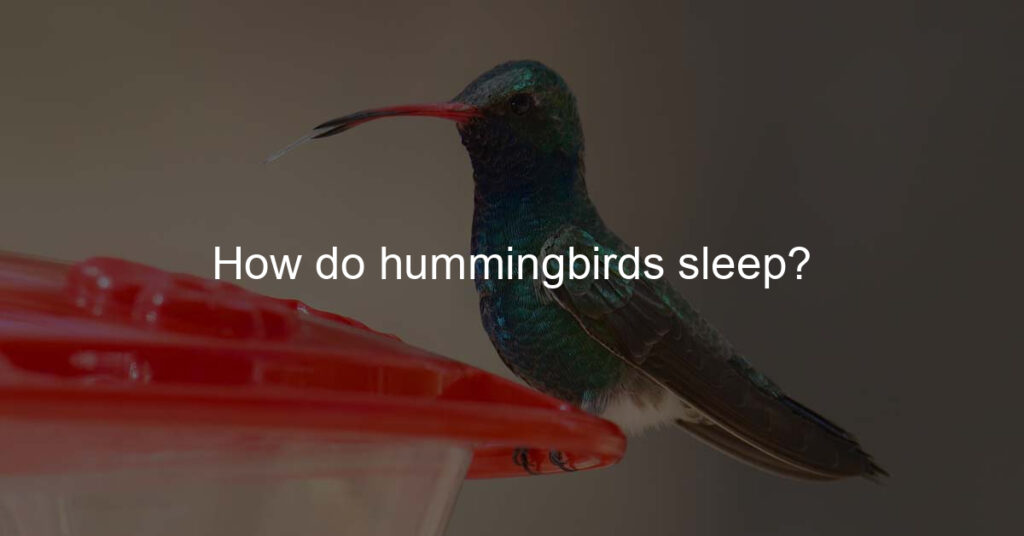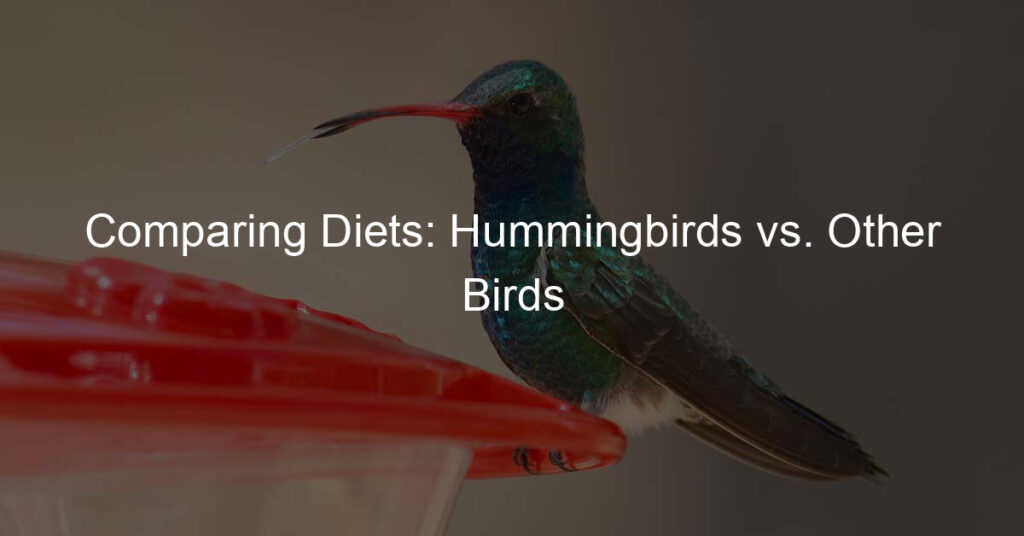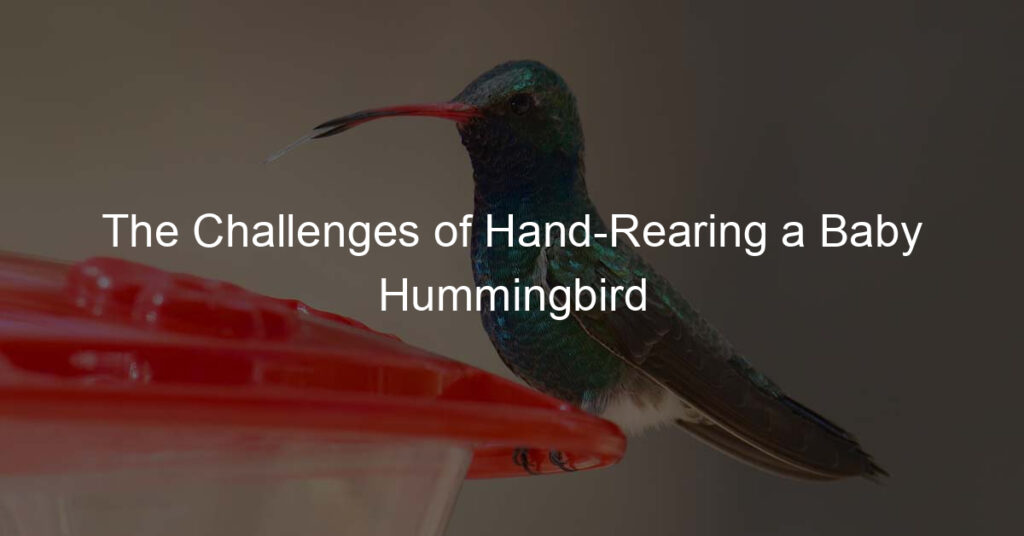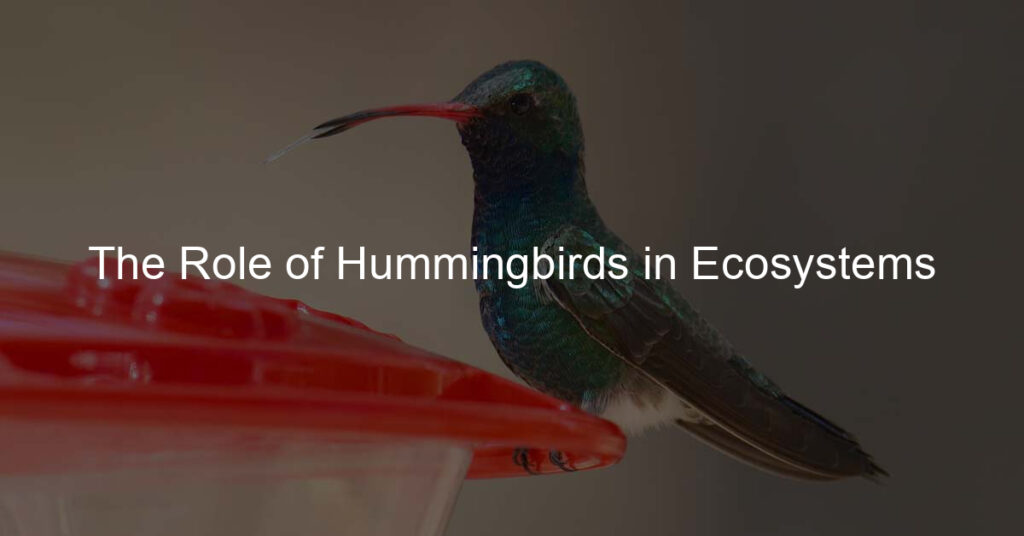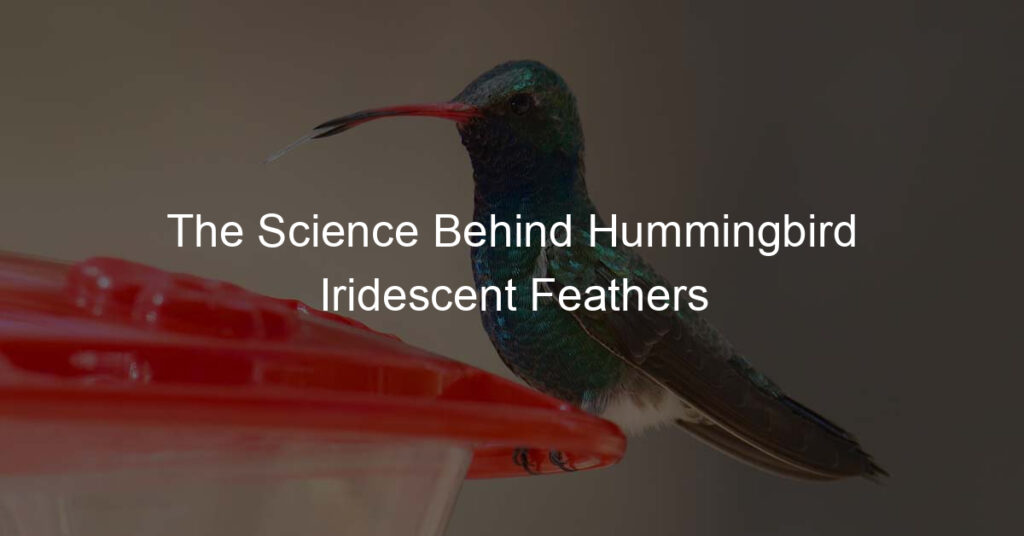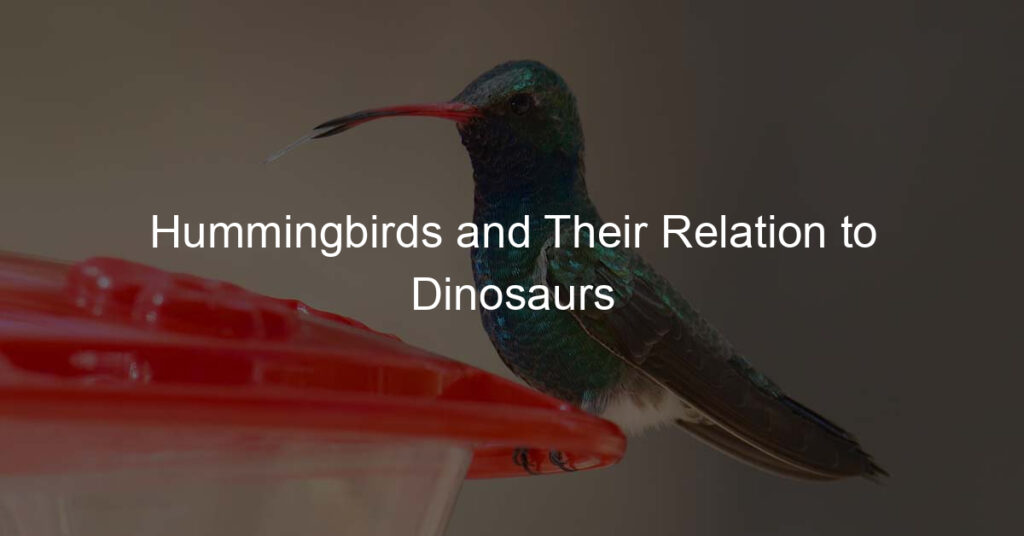Did you know that hummingbirds are able to sleep in mid-flight? It’s true! These amazing little birds can actually doze off while flying, thanks to their unique physiology. So, how do they manage to get some shut-eye while zipping through the air at up to 60 miles per hour? Let’s take a closer look.
What is the sleep cycle of a hummingbird?
Hummingbirds have some of the most unique sleep cycles of all animals. These tiny birds are capable of entering a state of torpor, which is essentially a form of hibernation for birds, in order to conserve their energy at night. During this period, hummingbirds enter a state of deep sleep which generally lasts from four to seven hours.
Despite this natural need for rest, the clever animals rarely remain completely still during this time. Instead, they often balance themselves in precarious perches by gripping part of a branch or twig with their feet while light snoozing occurs – almost appearing to be wide awake! It’s extraordinary to watch these petite birds in action!
Why do hummingbirds nap?
Hummingbirds need a lot of energy to fly, so they survive on a diet made up mostly of flowers and insects. To keep going, they must take frequent naps that help them store up the energy they need to keep flying.
During these short napping sessions, hummingbirds enter a point called torpor in which their body temperature drops significantly in order to conserve energy. During naptime, their breathing may become sluggish and their heart rate can slow down to one-fifteenth of its usual speed.
Humans sometimes refer to hummingbirds as “sleepers” because of these short periods of rest. It’s remarkable how little sleep hummingbirds require and yet still have enough energy for amazing feats of flight!
Can hummingbirds see at night?
Many of us have seen the curious little bird, the hummingbird, and wondered if these creatures can possibly see in the dark. Surprisingly enough, hummingbirds do have an impressive ability to navigate in darkness; however, it does not quite reach our definition of true seeing at night.
Hummingbirds possess special cells in their eyes that enable them to sense a range of colors beyond what we can see. This allows them to spot predators and food sources during the half-light hours of dusk and dawn.
Additionally, their advanced hearing helps them orientate themselves within their environment at all hours through long distances. It’s truly amazing to think that such a tiny creature is capable of carefully navigating at night even without sight!
What animal has the shortest sleep cycle?
The animal with the shortest sleep cycle is the little brown bat. With its incredibly short sleep cycle consisting of approximately 20 minutes per night, less than 1% of its total life spent asleep, these tiny creatures are some of the most active animals around.
Little brown bats spend their days in pursuit of food, namely insects; during these pursuits, they must be always alert and have developed an incredibly effective way to briefly rest while they fly. Thanks to their short sleep pattern this diminutive creature can fly for hours on end without ever needing a nap. For those looking for busy lives that barely require any sleep, the little brown bat should definitely be a role model!
What are 5 interesting facts about hummingbirds?
Hummingbirds are some of the most unique birds on the planet. Did you know that their heart rate can reach as high as 1260 beats per minute? This is one of the five interesting facts about these fascinating creatures!
Hummingbirds are also able to fly backward and hover in mid-air due to their specialized wings. Their diet consists mainly of nectar and insects, both of which they find by hovering in one spot and darting forward suddenly when they spy prey. On average, a hummingbird will visit 1000 flowers daily during its search for food!
Furthermore, even though they are so small and delicate, hummingbirds can travel quite far in order to find a suitable climate for the breeding season – some species will even migrate over 2500 miles each year! Not bad for such a tiny creature!
Do hummingbirds sleep in the same place every night?
Hummingbirds have an incredible ability to fly long distances and complete their daily circles, yet even these nimble creatures need rest after a hard day’s work. The interesting thing about hummingbirds is that some don’t seem to sleep in the same place every night.
Instead, they may fly out to farms, yards, or rooftops as far away as a hundred miles in search of a safe place for some shut-eye. It is suggested that hummingbirds prefer to sleep away from the place where they feed during the day because it keeps them from being easily disturbed by predators.
While we still don’t know why they sometimes choose such far-from-home spots, it’s remarkable that these little birds are such capable travelers!
Summary
Evidently, hummingbirds are unique and captivating creatures, particularly when it comes to their sleep habits. Though the exact science behind how hummingbirds fall asleep is still uncertain, we can ascertain that songbirds such as these can enter a state of torpor.
This process sees them sink their metabolic rate, cool down their body temperature, and rest multiple times per day and night. Furthermore, other birds such as ducks or owls utilize completely different sleep behaviors than hummingbirds do for various reasons within their environment.
Despite the differences in bird species though, the purpose of adequate rest — whether through torpor or otherwise — remains consistent amongst them all. As beautiful as they are swift and precise, so too is the importance rest holds over us all– including Hummingbirds.
